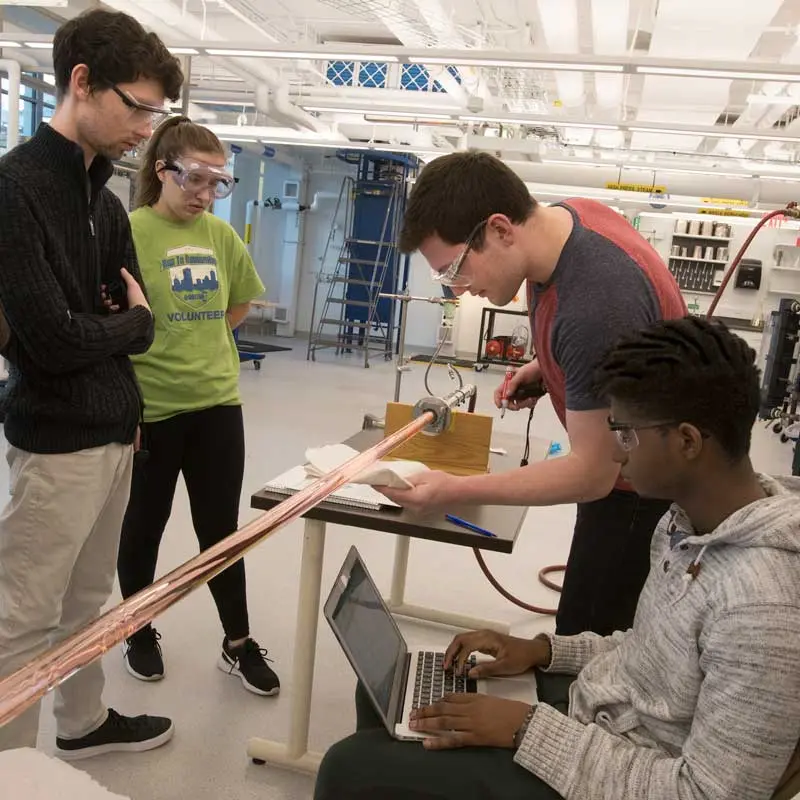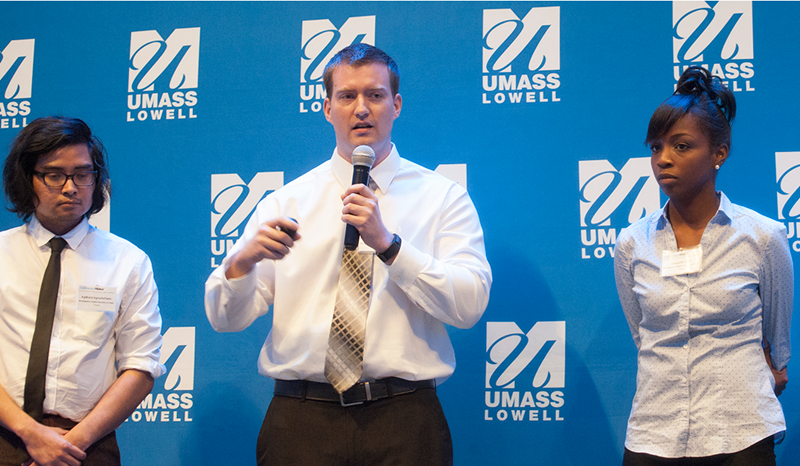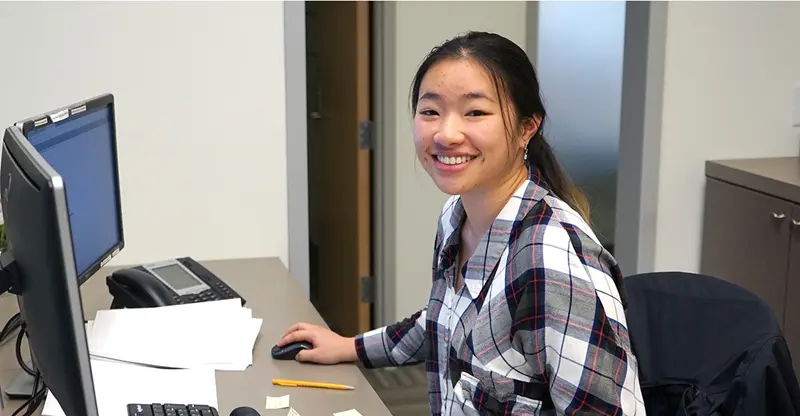What courses will you take?

The B.S. in Chemical Engineering program offers courses across four degree options, which lead to a wide range of career opportunities:
- General Option — Gain a broad foundation in chemical engineering, and customize your curriculum by selecting advanced course electives that match your interests and career goals. You'll prepare for careers that address diverse problems in either traditional or emerging fields of chemical engineering. Courses for General Option
- Nuclear Engineering Option— Build a strong foundation in nuclear science, engineering and technology to pursue careers in the nuclear energy and technology field. Courses for Nuclear Engineering Option
- Bioengineering Option — Gain skills and knowledge to work in the bio-pharmaceutical or biotechnology industry. Courses for Bioengineering Option
- Advanced Materials Option — Courses for Advanced Materials Option
All students take courses in the humanities and social sciences to broaden perspectives, improve communication skills, and explore concepts of values and ethics.
The Chemical Engineering program is accredited by the Engineering Accreditation Commission of ABET under the commission’s General Criteria and Program Criteria for Chemical Engineering. The Chemical Engineering: Nuclear Engineering Option program is accredited by the Engineering Accreditation Commission of ABET under the commission’s General Criteria and Program Criteria for Chemical Engineering and Nuclear Engineering.
Visit the Academic Catalog for:
- All Chemical Engineering courses
- Nuclear Science and Engineering minor
- Business Administration for Chemical Engineering minor
Find all degree pathways, including those from prior enrollment years.









